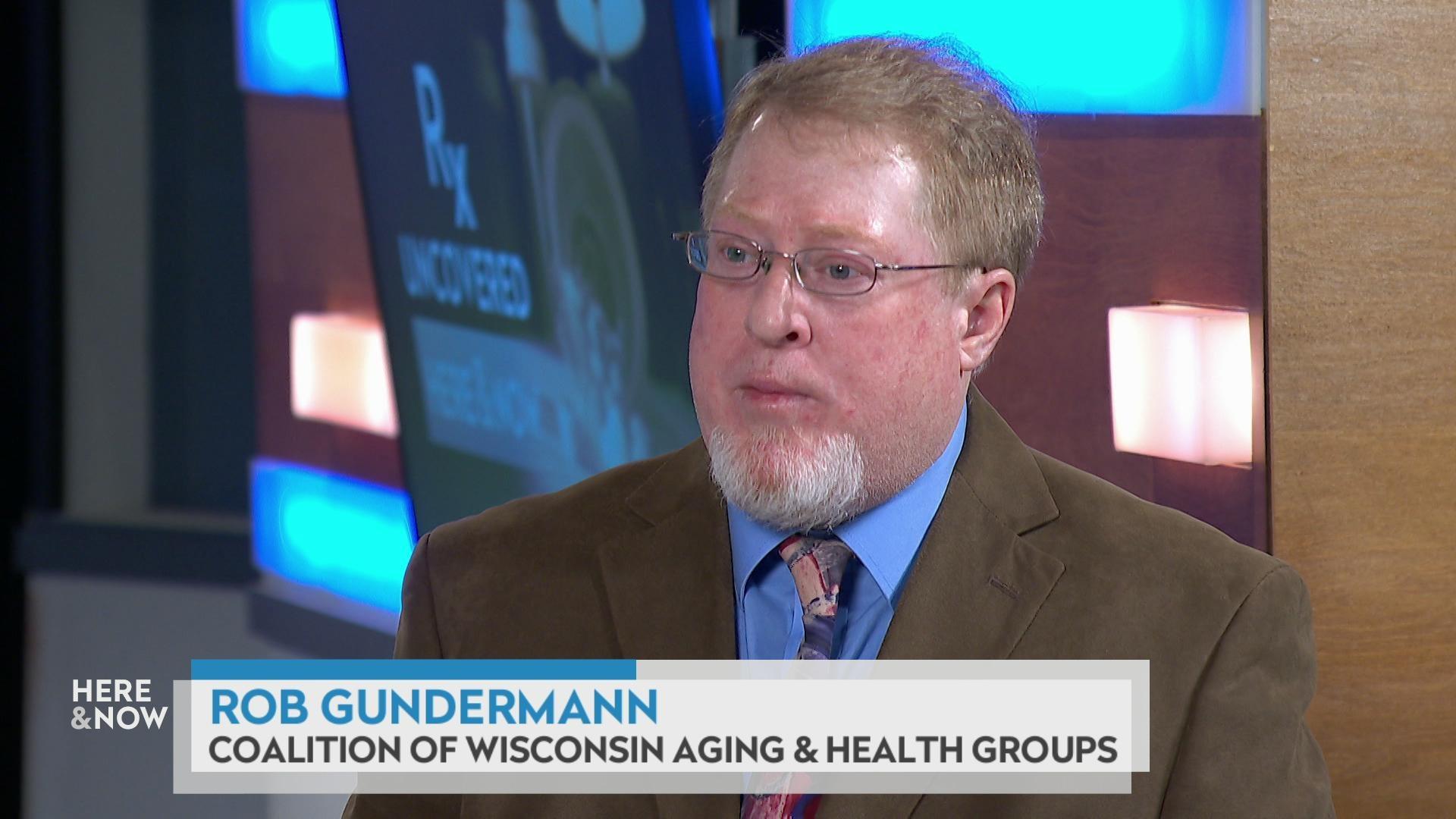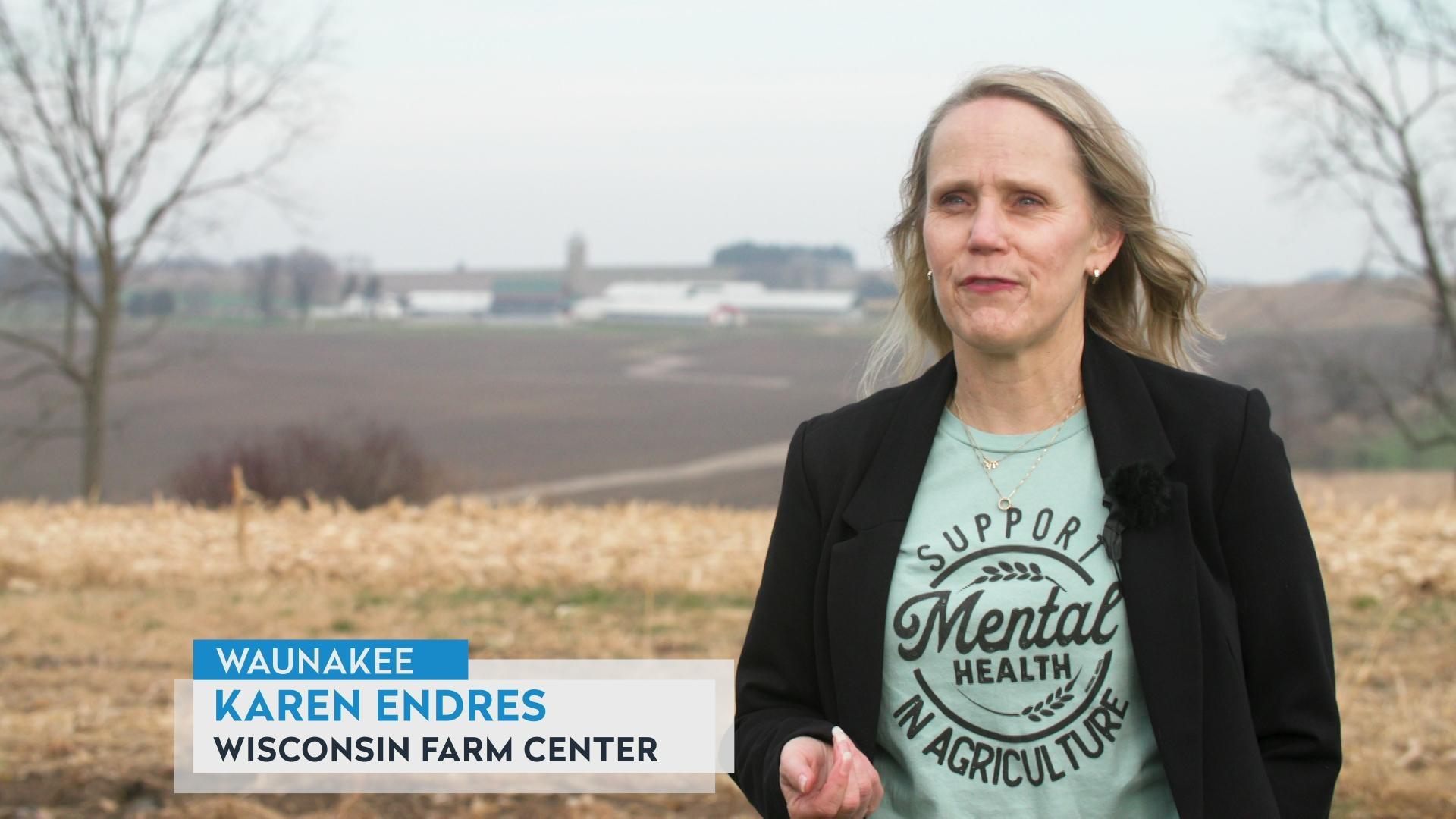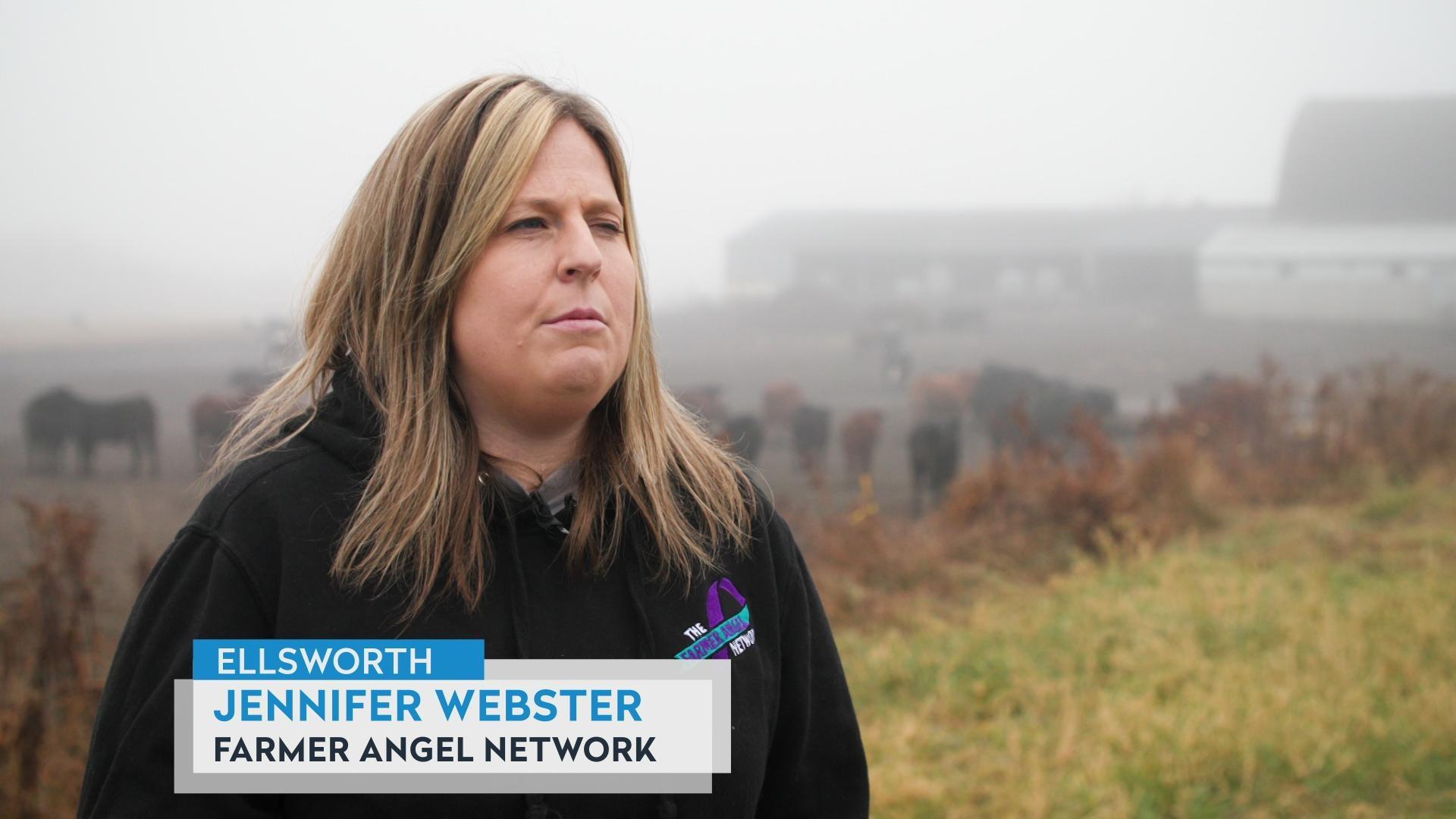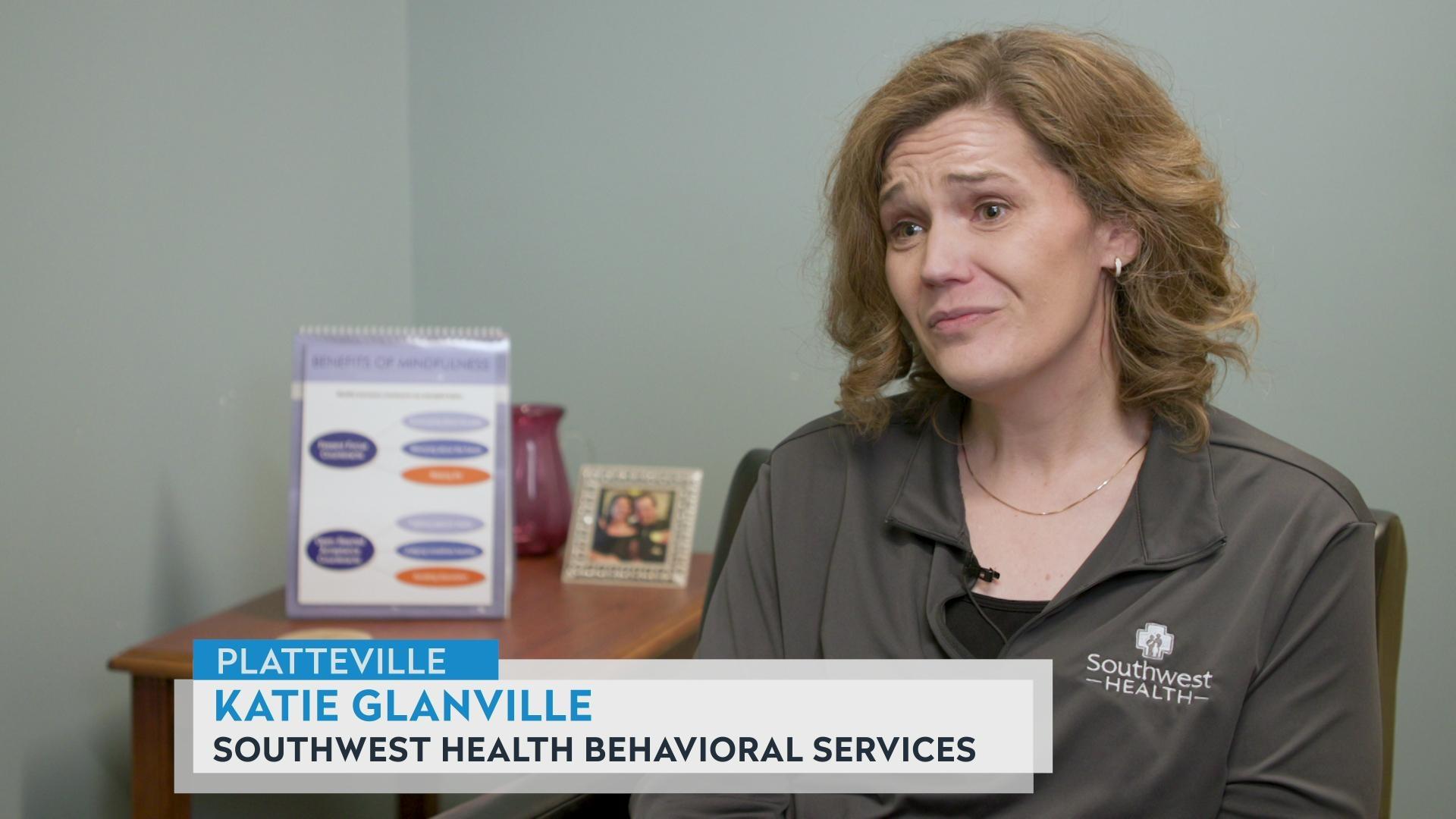Maternal health care in Wisconsin and the future of Medicaid
Mothers in rural Wisconsin are increasingly facing gaps in maternal health care coverage, and state lawmakers are considering legislation and budget proposals to address the issue through Medicaid.
By Aditi Debnath | Here & Now
May 7, 2025
Wisconsin faces a maternal health care crossroads. While the state Senate passed a bill to extend postpartum Medicaid coverage from 60 days to a full year, the Assembly’s history of stalling the measure leaves thousands of new mothers in limbo. Families and providers warn systemic gaps persist, with life-or-death consequences.
“With my daughter, I had really bad postpartum depression and it was a struggle,” said Wendy Yuen, who lives in Racine “I couldn’t afford to go seek out treatment at $50 per session.”
Yuen is not alone. Two out of every five mothers in Wisconsin give birth on Medicaid, the program that provides health coverage to low-income people. Most states expanded Medicaid to cover postpartum mothers for a year. In Wisconsin, mothers lose coverage just two months after delivery. For many, that means no support during a time of immense physical and emotional change.
“I was on leave when I realized that it was really bad. At that time, I was only making 60% of my pay, and I could barely afford to pay my mortgage and just be able to take care of my son and the new baby and myself,” Yuen explained.
Dr. Ryan Spencer is an OB/GYN at the University of Wisconsin School of Medicine and Public Health. He says the state is in a maternal health care crisis, in part due to years without Medicaid expansion.
“I think we’re actually in the long-term impacts of having not addressed those for decades,” he said. “Any expansion to Medicaid is highly likely in any given area or state to improve access that women have to prenatal care, intrapartum care, and postpartum care.”
The state Senate’s April 22 vote to extend postpartum Medicaid coverage to one year aims to address the need for care. The bill passed with support from nearly every lawmaker, signaling rare bipartisan agreement on the issue.
“I think everyone else gets it. Anyone who’s had kids, or anybody who’s been around kids knows that the more that you can have that person-to-person attention — and frankly take things off the plate of that parent — the better,” said state Sen. Chris Larson, D-Milwaukee.
But the Senate’s vote contrasts sharply with repeated blocks by Republican Assembly Speaker Robin Vos.
“My position has been fairly clear from the very beginning,” Vos said ahead of the state Senate vote. “I’ve never supported an expansion of welfare. I can’t imagine that I would ever support one. But we have to talk about it as a caucus and see what everybody else says.”
State Rep. Pat Snyder, R-Weston, who introduced the postpartum coverage bill in the Assembly, stresses that this is not a partisan issue.
“I’ve told some of the opponents saying that if a mom dies, a lot of times that might mean the child has to go into foster care or things of that nature,” Snyder said. “That’s going to cost the state more than if we just help the moms if they need the help. So you got to sometimes talk to them about dollars and cents to kind of make up for some things.”
Wisconsin is one of two states in the nation without a full year of postpartum Medicaid coverage.
“The short period of time that’s covered under state insurance isn’t really enough,” said Yuen. “My daughter’s 1, and I’m still struggling every day just to keep up with all the things I have to do to make sure that she’s healthy.”
Larson calls the state Senate’s action a step in the right direction, but warns it could be meaningless if federal Medicaid funding is cut, which makes up 60% of Wisconsin’s Medicaid spending.
“That’ll be the end of Medicaid as we know it, and the expansion that we passed and patted ourselves on the back for new mothers — I mean, it’s an empty gesture,” he said.
The challenge is even greater for mothers living outside Wisconsin’s larger cities. Only about half of rural hospitals in the state offer labor and delivery services. Many of those mothers are on Medicaid, which reimburses hospitals significantly less for services.
“Increasing the reimbursement for obstetric care would undoubtedly increase opportunities for hospital systems to run effectively,” Spencer said.
Availability of obstetric services in rural areas has gone down for more than a decade.
“It is difficult for hospitals in rural areas to recruit and retain maternal health providers. Also, a higher proportion of rural patients rely on Medicaid, which doesn’t fully cover obstetric services. Increasing Medicaid reimbursement rates that states set could help rural hospital obstetric services stay open,” the U.S. Government Accountability Office states in an October 202 report.
The end of birthing services at a rural hospital in northern Wisconsin makes accessing care more difficult. When Froedtert ThedaCare announced it would close its birthing unit in Waupaca, its city council unanimously passed a resolution asking it to reconsider.
For its part, Froedert ThedaCare offered this statement: “The needs and demands of expectant mothers are shifting – deliveries have been declining and mothers are choosing to deliver at larger birth centers. The shortage of physicians and nurses in rural areas is an issue being felt across the country, and in our region, as labor and delivery complexity is increasing.”
“What you see when you lose a birthing center for a community is increased number of births outside of hospitals,” explained Spencer. “You see an increased number of preterm births when you lose a birthing center as well. You lose the opportunity to get easy access to prenatal care and postpartum care because you don’t have those particular clinicians in that area anymore.”
The nearest full-service hospital is 30 miles away in Stevens Point. That distance can make a difference in a labor and delivery emergency. The ThedaCare hospital in Waupaca still provides postpartum and prenatal care.
“Let’s extend postpartum coverage for pregnant women on BadgerCare up to one year after giving birth,” said Democratic Gov. Tony Evers during his 2025 state budget address on Feb. 18.
Evers has once again included the postpartum Medicaid extension in his 2025-2027 budget proposal, alongside more than $18 million over the two-year period to increase Medicaid reimbursement rates for obstetric services. However, the Republican-controlled leadership of the powerful Joint Finance Committee has said Evers’ budget is dead on arrival, casting doubt on whether these changes will become reality.
“I think it’s a good cause, and like I tell a lot of the folks when we do budget buddies and put in budget motions, “You know it would be $18.6 million, but maybe the JFC says we like the idea but we’ll make it $10 million.’ OK, that’s a start,” said Snyder.
“There’s also a bipartisan bill to get it done that almost 90 legislators support,” Evers said in his Feb. 18 speech.
With the budget debate heating up, Spencer warns that without action, more birthing units will close — and more mothers will fall through the cracks.
“We know that there’s something going on related to the health, well-being and mortality of women giving birth in rural areas that for some reason is not experienced in urban areas,” Spencer said. “The CDC has told us your zip code matters as to how risky pregnancy is for you, and we need to pay attention to that.”
Editor’s note: This report is updated to add information from the U.S. Government Accountability Office about availability of obstetric services in rural areas, a statement from Froedtert ThedaCare about the closure of a birthing unit at its hospital in Waupaca, and comments from Gov. Tony Evers from his state budget address on Feb. 18, 2025.
 Passport
Passport











Follow Us